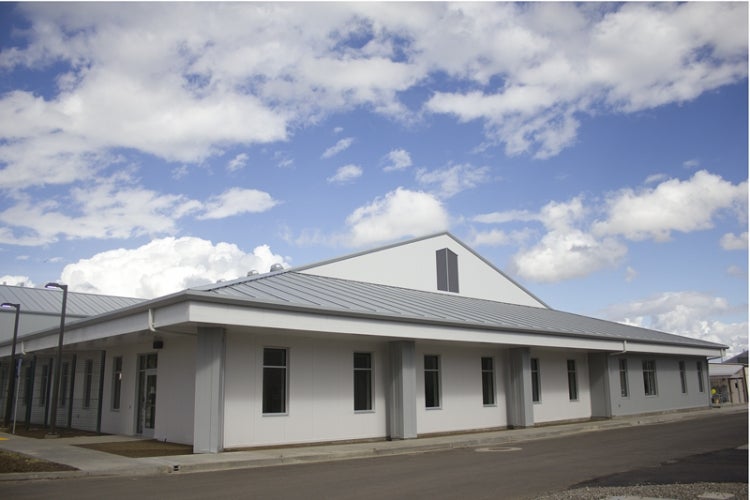
Respiratory Disease Center at the CNPRC
Respiratory Disease Center (RDC)
The RDC is located within the California National Primate Research Center and houses the Respiratory Disease Unit research core and affiliated scientists. The three main areas of research include Inhalation toxicology, pulmonary immunology, and respiratory physiology.
The mission of the Respiratory Diseases Unit is to define the cellular, molecular, and metabolic mechanisms for chronic diseases of the respiratory system. The respiratory system, extending from the nares to the respiratory alveolar surfaces, is a highly complex cellular and architectural entity. Because the respiratory system is the largest interface between the organism and the environment, it is the primary target for all classes of airborne agents; among these agents are oxidant air pollutants, particulate products, infectious agents, and allergens. The fact that most of the respiratory system’s growth and differentiation occurs over an extended period of time following birth in primate species (8-10 years in humans) makes this organ system particularly vulnerable to environmental challenges with long-term impact on health.
Inhalation Exposure Core (IEC)
Located within the RDC, the Inhalation Exposure Core provides short- and long-term generation, delivery, and analysis of precisely controlled atmospheres to investigate human health effects of environmental challenges using both in vitro and in vivo laboratory animal models.
In coordination with Primate Medicine Services, the Inhalation Exposure Core also provides pulmonary function testing and bronchoscopy as outcome measures for health effects as a result of exposures in nonhuman primates. Minimally invasive methods, including pulmonary transfer impedance, are used for measuring pulmonary responses to disease processes, potential therapeutics, and changes across the lifespan.
With an emphasis on inhalation toxicology and animal models of chronic respiratory disease, Inhalation Exposure Core faculty and staff provide critical intellectual expertise and technical support for investigators to conduct research projects that require evaluation of biological responses to atmospheric exposures.